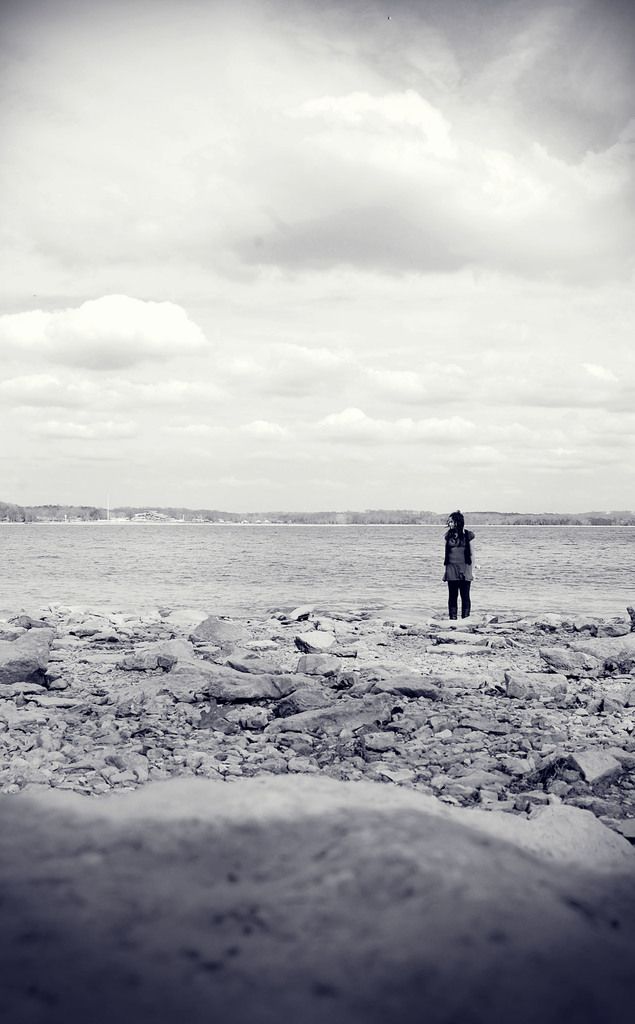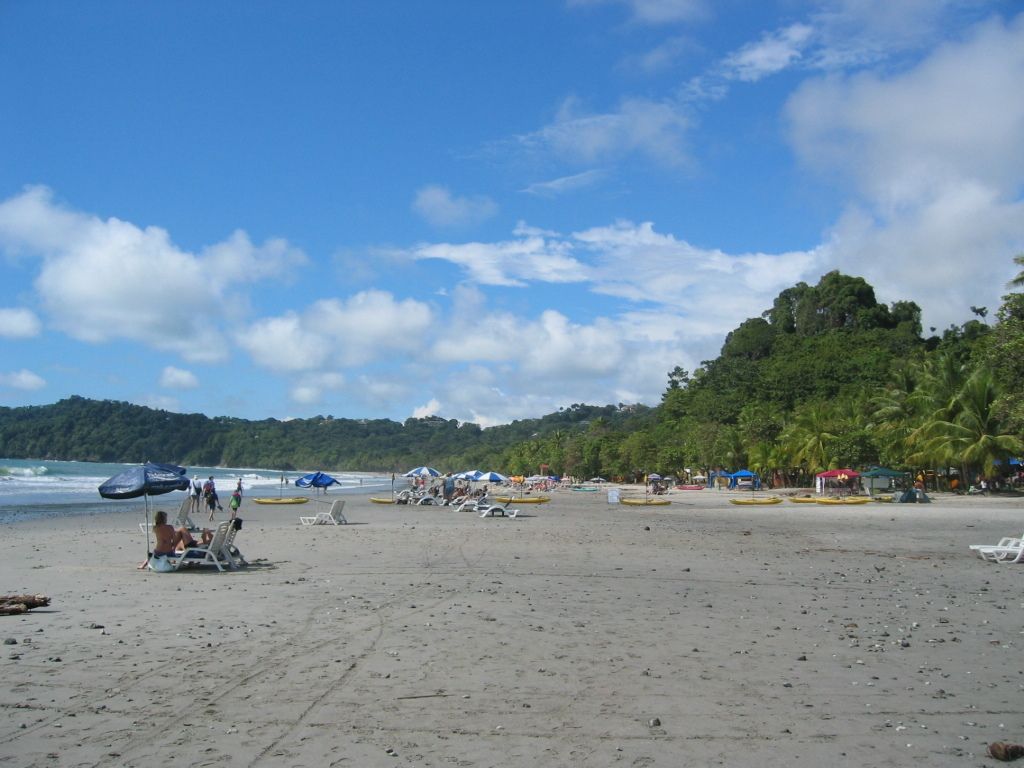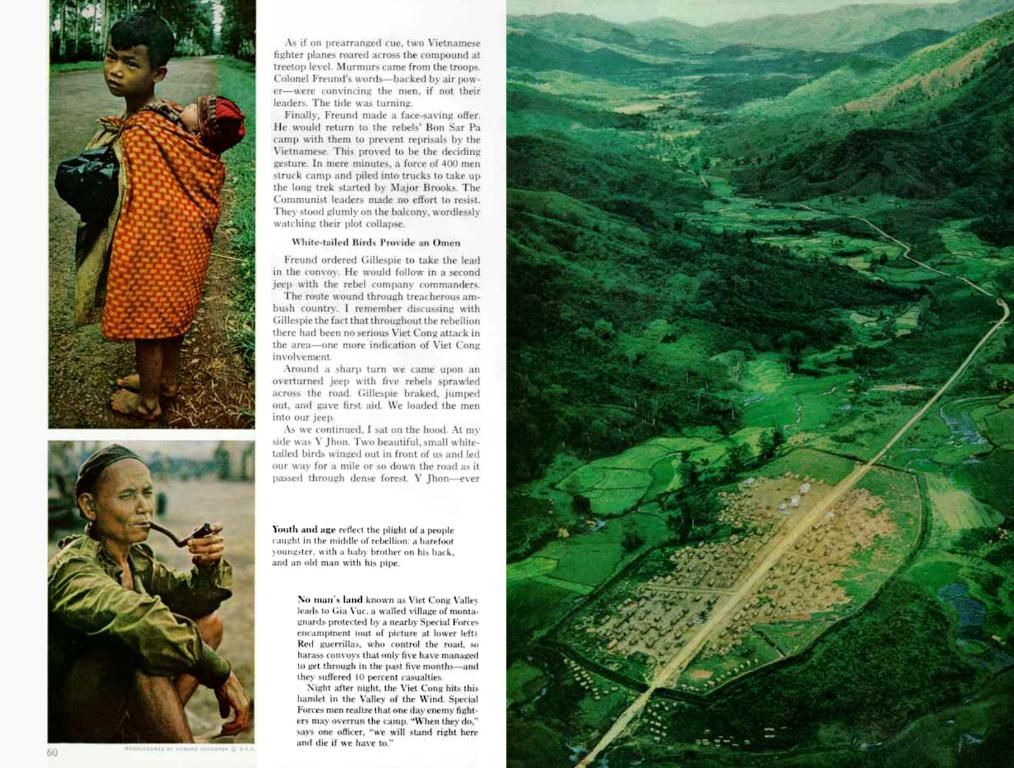Mastering Outdoor Cuisine: Tips, Tricks, and Step-by-Step Methods
Heyo! Get your camping grub on without breaking a sweat, 'cause we've got the lowdown on preparing mouthwatering meals out in the wild. Here are some tips to rule your camp cooking game:
Plan ahead (and a bit of disaster too!)
A little prep goes a long way. Make a list of ingredients and equipment (even salt and pepper) and check them off like Santa checking his naughty and nice list. You'll still probably forget something, but it'll be something minor. Keep a backup plan for crappy weather, so that raw meat (yuck!) doesn't mean starvation. Check out 'The New Camp Cookbook' for more planning, packing, and kitchen setting up tips, as well as tasty recipes.
Maximize your cooler space (and coolness)
If you're drivin' and clickin' your way through the great outdoors, you'll probably have a cooler for drinks, but maybe not enough room for the bulky stuff. Keep it simple by having a separate cooler just for the beverages, then pack the rest of your goods in cold packets or freeze water bottles to prolong their freshness. Pack everything in bags beforehand, leaving the bulky packaging behind, and chill everything before adding it to the cooler. Plus, put the ingredients you won't be using right away at the bottom so you don't have to dig through a block of ice for dinner.
Choose equipment wisely
If you're backpackin', pack light by sticking to easy-to-prepare food like skewers or cold meals like pre-made salads or sandwiches. For car campers or hikers with a short distance to trek, consider heat-proof silicone utensils and a cutting board to make meal prep a breeze. Stash a ceramic knife too, since it's both lightweight and sharp (just make sure to keep it in its plastic sheath when not in use). Choose reusable camp dinnerware to help the environment and add a chic vibe (because glamping is a thing, yo).
Bring a water filtration system (even if you think you won't need it)
Curb the temptation to rely on bottled water. Grab a gravity water filter system like MSR's instead. It's a lifesaver in remote areas, but still useful in less remote campsites. If your campsite has a safe water source, bring some jugs just in case, and don't forget to clean all your stuff thoroughly when you get home.
Consider your environment
Wherever you're cooking, make sure your meal matches the elements. For example, avoid chopping a ton of stuff when it's cold (fingers don't like that), opt for hearty meals in the snow, and aim for dishes that tolerate blowing sand at the beach.
Set up a dedicated kitchen area
Put on your organizer hat and clear a space for prepping and serving your meals. Use a tablecloth to protect your food, cover one end of the table for cleaning and dish washing, and utilize flat rocks or logs as additional workspace. If you can, pack a small folding table to keep everything neat and tidy.
Fire it up
Cookin' means fire, baby. If you're going with a live fire, bring firewood and check the rules about wood gathering. If you want to grill, bring metal skewers, grill baskets, foil packs, or a Dutch oven to hold over the flames. If you can't build a fire, use a propane stove like the MSR WindBurner Stove System – it's a bit pricier, but hecka durable and perfect for adverse conditions.
Keep it clean
Camping doesn't have to make your kitchen look like a pig sty. Pack two dish tubs (one for soaking, one for rinsing), a sponge or scrubber, eco-friendly soap, and super-absorbent microfiber towels. Wash your cookware and plates, and don't forget to clean your pots and cooking utensils too. Properly dispose of all food waste by minimizing it, properly bagging it, and hanging it in bear bags if necessary. Dispose of dish water away from camp to avoid attracting unwanted critters.
Bottom line
Making meals outdoors doesn't have to turn you into a survivalist (unless that's your thing, in which case – go you). With a little planning and some functional gear, you'll be cookin' up a storm while singin' kumbaya in no time! But remember: practice safe and responsible campfire practices, and leave no trace of your adventures behind. Happy campin' and grubbin'!
- Prepare a variety of nutritious, portable salads for camping trips, such as pre-made veggie-filled salads or cold pasta salads, as they can be easily packed and eaten without much hassle during outdoor activities.
- Consider adding creditline to your camping gear budget, especially if you're investing in durable equipment like a portable stove or a gravity water filter system, to ensure their longevity and provide the necessary heat and fresh water for your campsite.
- In addition to charging your devices, don't forget to credit your knowledge on cooking techniques and nutrition to prepare well-balanced, tasty meals during your camping adventures.
- By adopting eco-friendly practices such as using reusable dinnerware, portable water filtration systems, and properly disposing of waste, you're not only adding a touch of chic style to your camping experience but also giving credit to Mother Nature for letting you enjoy the great outdoors.








